Veloso to VSU Isabel grads: You’re not defined by where you come from
- Details
- Written by Alain Charles J. Veloso
-
Published: 31 July 2024
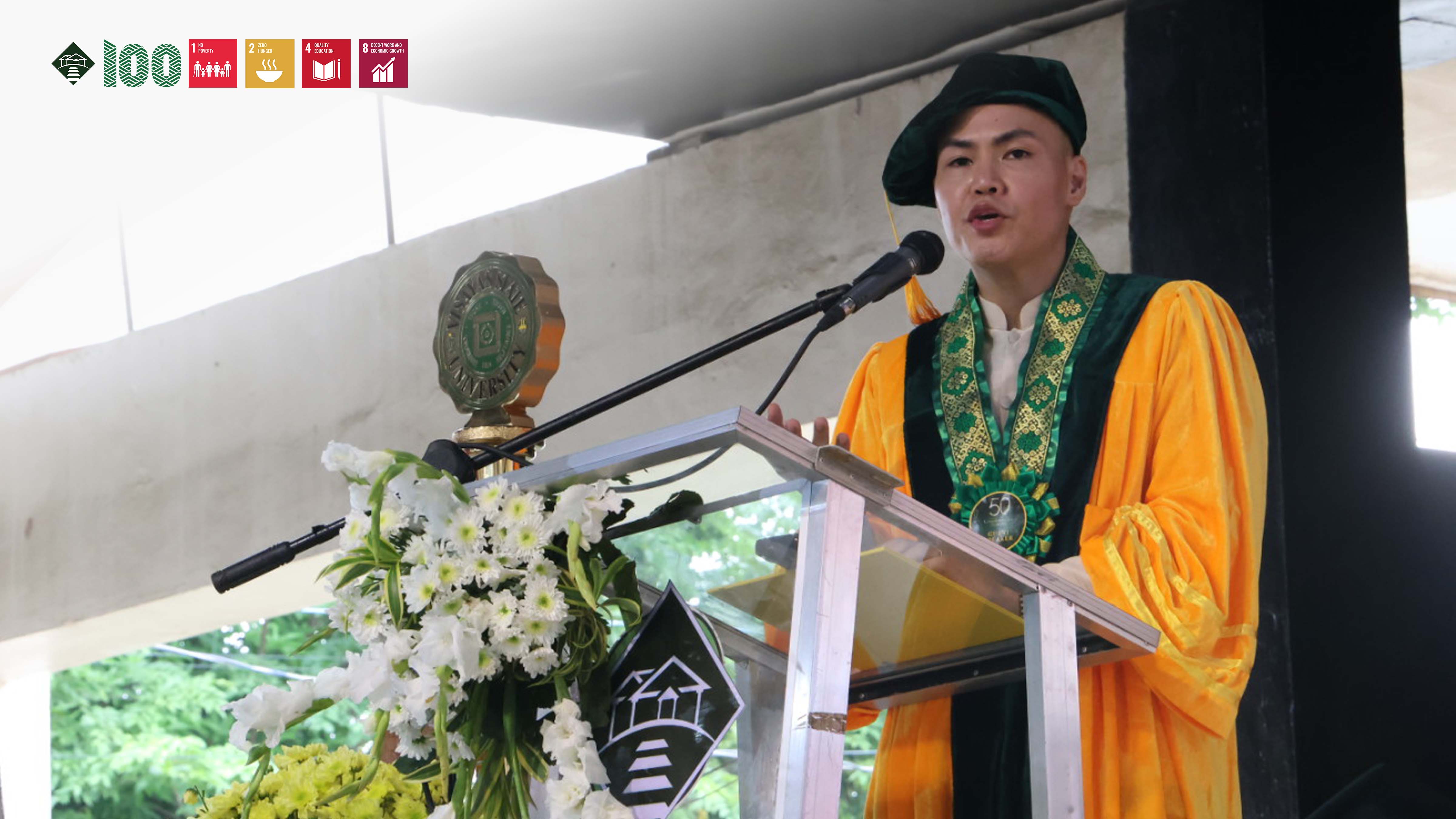
[This is the full transcript of the keynote message delivered by Atty. Alain Charles J. Veloso, Private Sector Representative of the VSU Board of Regents for the 50th Commencement Exercises of the Visayas State University Alangalang.]
President Prose Ivy Guasa Yepes, honorable members of the Board of Regents, Chancellor Luzviminda Tajos, esteemed faculty and staff, proud parents, and the graduating class of VSU Isabel Campus for 2024, good afternoon!
I am deeply honored and grateful to have been given this opportunity to deliver a message to this year's graduating batch because I know how momentous and meaningful this occasion is for all of you and for your family. After several years of hard work, you are finally moving on to the next phase of your lives - to go out into the world, pursue a career, business, or further studies, and help your respective families and contribute to nation building.
More than what you can imagine, I know first hand the struggles all of you have had to overcome to reach this point in your lives. Like you, I come from a family of modest means. As the eldest of four children, and both of my parents were quite young when I was born, we had meager means. My dad was a working student and my mom was an entry level pharmacist. When I was in high school and my younger siblings were in grade school, my mom lost her job and my dad at that time was a clerk in a government agency.
We had to rely on scholarships to be able to study. I had to be in the 1% of my class to be able to get a full scholarship. In college, I studied in UP Tacloban, as a full academic scholar, because my parents could not afford to send us to private schools in Manila and Cebu. To make ends meet, my mom had to work in Papua New Guinea and my dad was reassigned to other districts in the region, so I had to act as the single parent to my 3 younger siblings. There was a time when I had to open a small store to be able to generate extra income for the household. I was exposed to the realities of social inequality and I understand how poverty can profoundly affect one’s sense of dignity and self-worth.
However, l used our circumstances to motivate me to work harder and I never allowed poverty to define me and my self-worth. This leads to my first message to all of you: you are not defined by where you come from, or how much resources you have because those things are fleeting. You are not even defined by your past, your accomplishments, or mistakes. What defines you are your core principles.
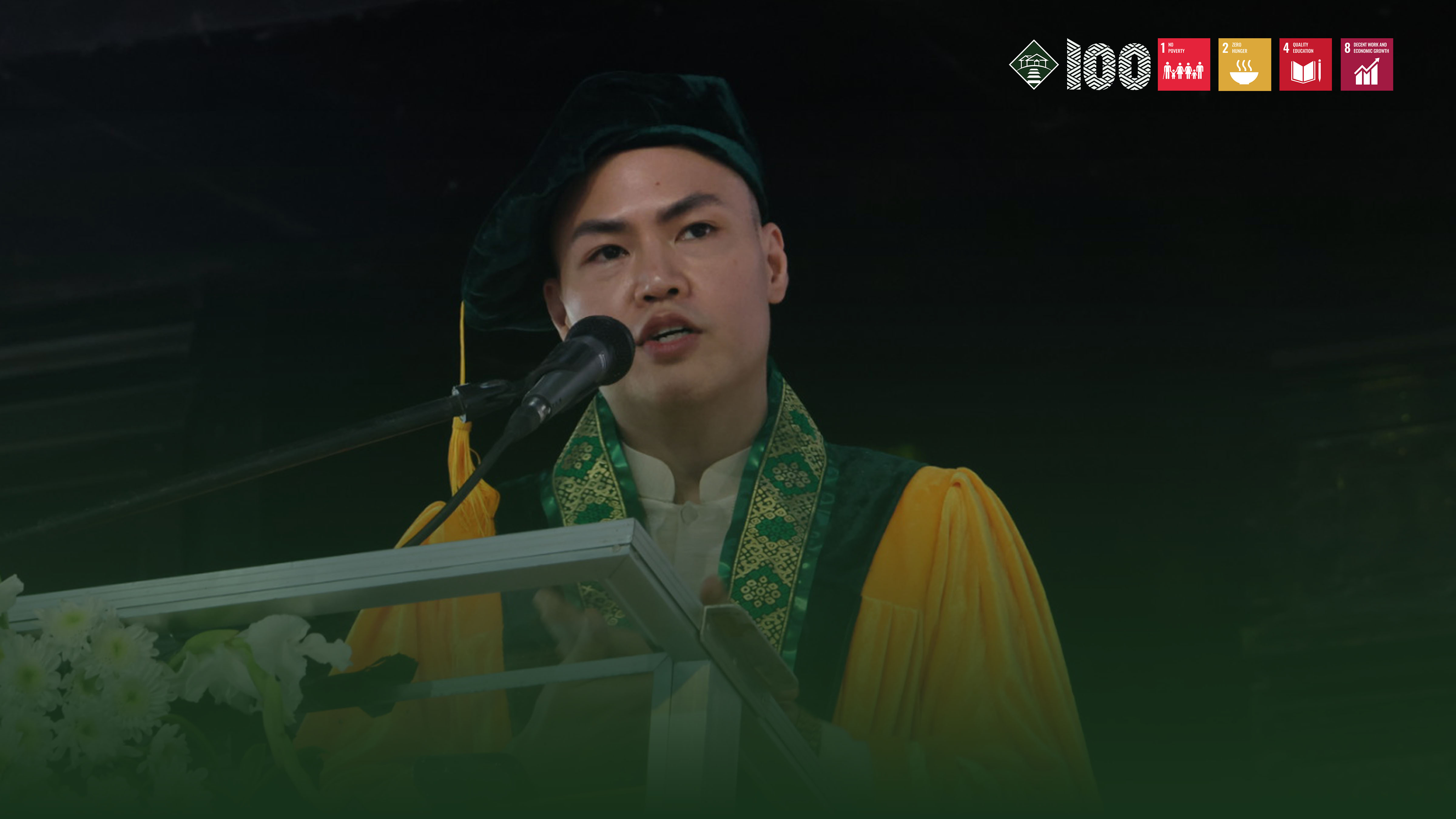
These principles transcend time, culture, and place. Like physical laws, principles such as justice, fairness, kindness, respect, honesty, integrity, service, and charity operate constantly and are self-evident. These principles control the consequences of our choices and actions. For example, you will not be trusted if you are not trustworthy. These principles are different from our values, such as wealth, fame, and worldly success.
These values can be subjective, emotional, personal, and arguable. Their consequences are also unpredictable. Anchor yourself on what is meaningful and enduring, like your love for your family, your country, and your relationship with God. We all have values, but the question is, are our values rooted on principles? While our values govern our behavior, the consequences of our behavior are governed by natural principles.
When I was in high school, I created my own personal mission statement based on what I believe are my core values: it was to become a good and loving son to my parents and elder brother to my siblings, to live a full and meaningful life with discipline and passion so that I can succeed in everything I set out to do, and be a good and faithful servant to the Lord, and build his kingdom on this earth, so that every person who will know me will see be inspired and will see me as a testament of God's goodness and faithfulness.
After graduating from UP Tacloban (cum laude and batch salutatorian) and passing the CPA Board Exams, I pursued law because I knew that becoming a lawyer would allow me to help my family and contribute more to society.
At the UP College of Law, where I was also an academic scholar, I was consistently at the top of my batch, every semester, and I eventually graduated as the batch valedictorian. In my third year of law school, I became an editor of the Philippine Law Journal. And, for two years, I was a member of the Jessup moot court team, which represented the Philippines in the international rounds in Washington DC. I was also active in the student council and was able to run a full marathon just before I graduated. I also went on to rank in the top 10 of the bar exams. In my entire time in the college of law, I never watched a single minute of television.
Because I was the batch valedictorian, I received offers from the top law firms in the country. I decided to join QT, which is the only internal law firm in the country. As an associate I would spend long hours in the office, often sleeping in my room so that I would finish my work and still be able to come to the office on time the next day. I also had the opportunity to teach law at the Centro Escolar University on weekends so I would often only have Sunday to rest. In 2017, I was admitted to the EU Competition Law course at the London School of Economics, while working remotely full time as a partner.
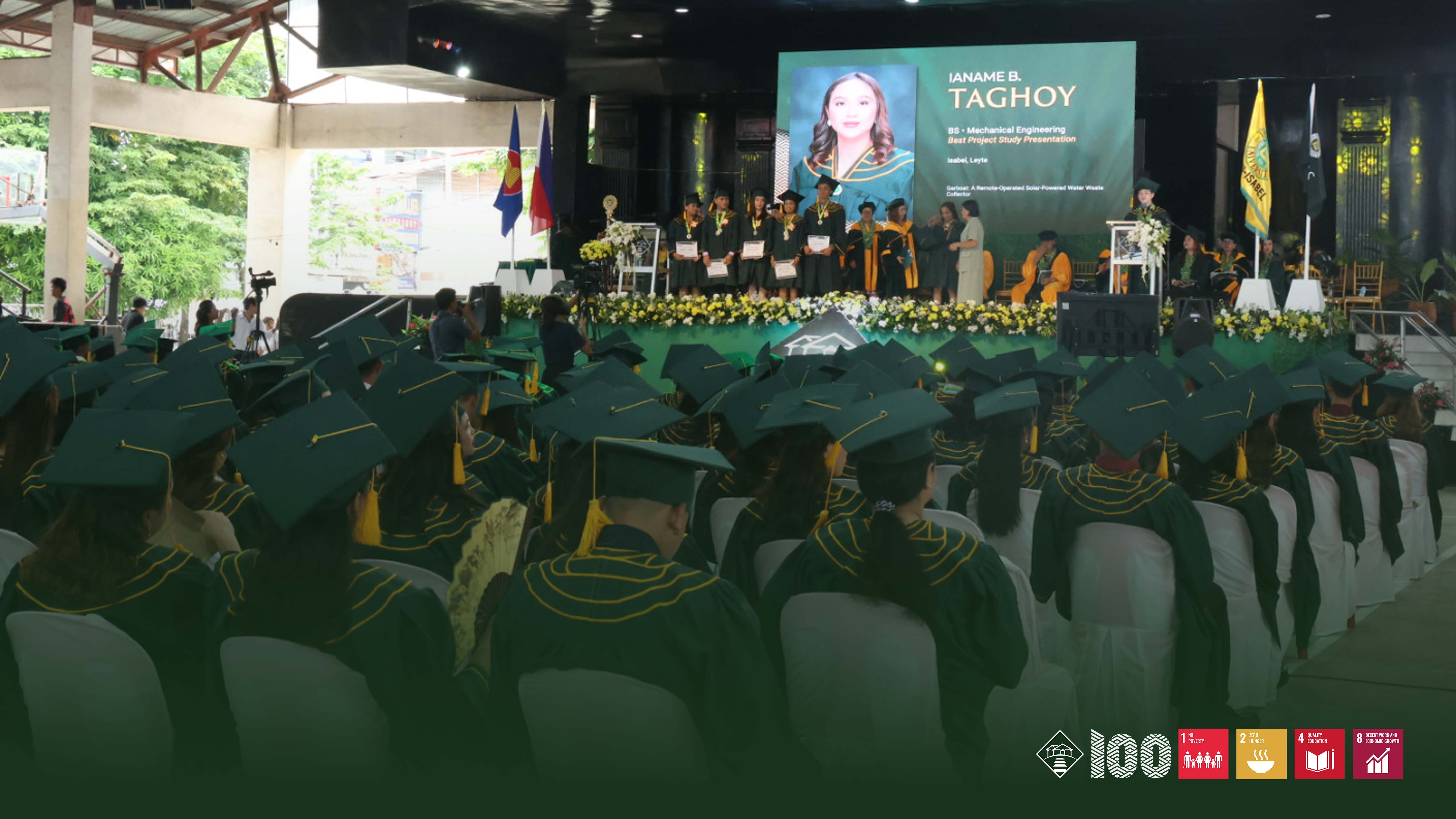
I became a partner in 10 years, and now I head the Firm's capital markets, banking & financing, and financial institutions practice. Only this year, I was appointed to serve as the assistant head of the Firm's corporate and M&A practice, which is the biggest practice group. Even as a partner in the Firm, I continue to grow and learn. In 2020, I was able to co-author and publish a textbook on the Philippine Competition Act, which is now being used as a reference material for law students and professionals. I continue to contribute as an officer and commissioner on bar discipline of the IBP.
Looking back, when I would compare myself to my classmates and peers who are graduates of the best universities in the country. While they may be more confident and articulate in English, we can equal them in terms of hard work and resourcefulness. We have something that many of those who come from a more comfortable background don't have: the grit, stamina, and resilience. I personally believe that the drive and hunger to succeed, and personal integrity, are more important than any other skill, talent or resource. That is why I see myself in each and every one of you, and I see promise and potential.
My second message is to nurture an intimacy with the Lord, regardless of your creed or religion, and take into heart the message of the Gospel and what it brings. When Jesus told his disciples that “If anyone wishes to come after Me, he must deny himself, and take up his cross and follow Me." But what exactly does that mean?
When Jesus carried his cross, he was also crucified on that cross, died, and rose again, and is now seated at the right hand of the Father. When we carry our cross, we must also be crucified on that same cross, die to our old selves, and be born again. When we receive the unconditional gift of salvation, all we have to do is receive it freely, and we can be washed clean of our sins, be born again, and receive the Holy Spirit and have direct intimacy with God. We can claim victory in all aspects of our lives: in overcoming our struggles, in our relationships, and in reaching our dreams.
If there is one thing that I can say with certainty, it's the fact that life was never meant to be fair or easy, and today we all face individual and societal issues like injustice, inequality, and economic uncertainty.
But it is only through hardships that we can grow and test ourselves emotionally, psychologically, and spiritually. If things become overwhelming, remember what Paul said to the Philippians: "Do not be anxious about anything, but in every situation, by prayer and petition, with thanksgiving, present your requests to God. And the peace of God, which transcends all understanding, will guard your hearts and your minds in Christ Jesus. Whatever is true, whatever is noble, whatever is right, whatever is pure, whatever is lovely, whatever is admirable—if anything is excellent or praiseworthy—think about such things."
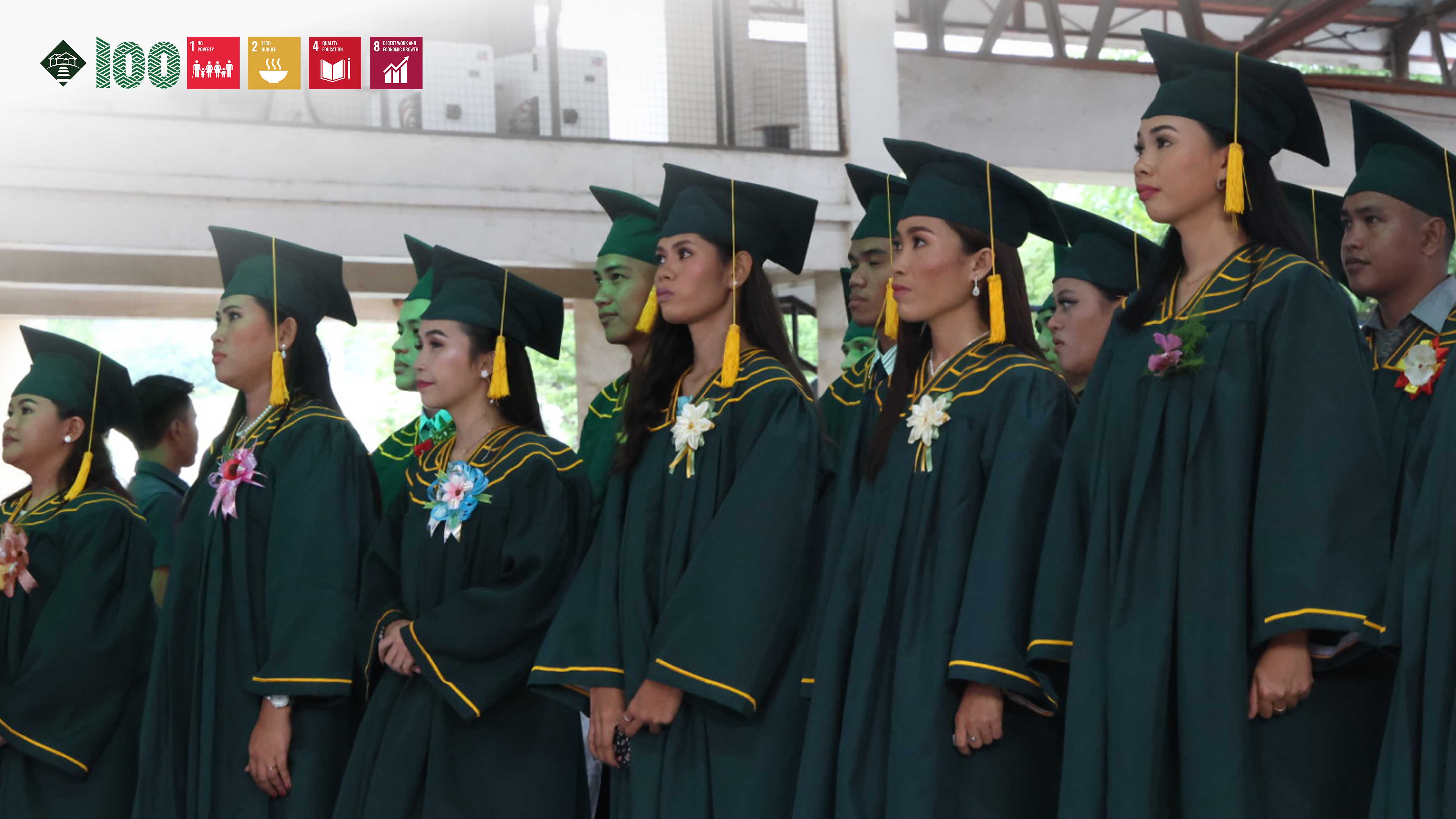
Look at every challenge with a different mindset: as an opportunity to learn, grow, and be blessed. Be assured with the promise that "all things God works for the good of those who love him, who have been called according to his purpose." Be grateful for everything because it is only with a grateful heart that we can overcome stress, worries, and anxieties, and see the blessings in every situation. Scientists have discovered that our brains are wired in such a way that you cannot be anxious and grateful at the same time.
Finally, and this is the same message I shared with the graduates of VSU in Villaba last year (based on Stephen Covey's The 8th Habit): find your place in this world and express your own voice – your calling, your unique and personal contribution to the world. This requires a vision for your mind; discipline for your body; passion, for your emotion, passion; and conscience for your spirit.
Vision is seeing with the mind's eye what is possible in our lives, in other people, in our projects, in causes, and in our communities. Most of us don't envision or realize our own potential. All things are created twice: first, a mental creation; second, a physical creation. Einstein said that "imagination is more important than knowledge." Memory is past, and finite, while our vision is future, and infinite.
Discipline is paying the price to bring our vision into reality. You can achieve discipline if you are committed to your vision. It is the part that deals with the hard and brutal reality. Happiness is sometimes defined as the ability to subordinate what you want now for what you want eventually. We must learn how to subordinate today's pleasure for a greater longer term good. We often hear about people saying that we need to live in the moment, and not be a slave to our duty. However, the reality is, only the disciplined are truly free. The opposite of discipline is indulgence. The undisciplined are slaves to their moods, appetites, and passions.
Passion is the fire, desire, and strength of conviction, and the drive that sustains the discipline to achieve our vision. Passion is rooted in the power of our choice rather than circumstance. We can choose to be passionate. However, the key to creating passion is to find your unique talents, your special role and purpose in the world.
As Steve Jobs said, “Your work is going to fill a large part of your life, and the only way to be truly satisfied is to do what you believe is great work. And the only way to do great work is to love what you do.” Find your passion, pursue it relentlessly, and let it guide your path. When you love what you do, your enthusiasm becomes contagious, and your work becomes a source of joy and fulfillment.
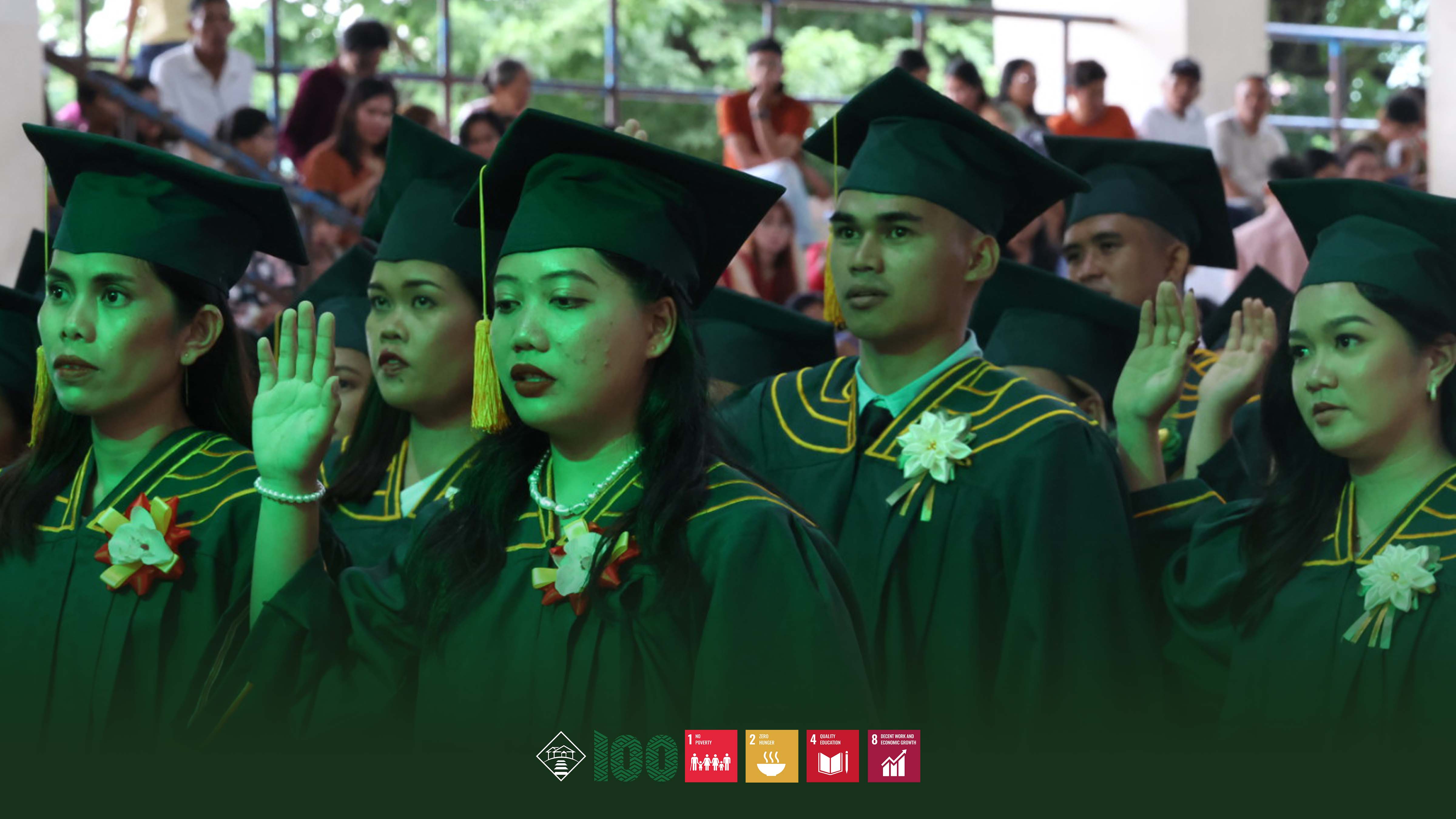
Conscience is the inward moral sense of what is right and what is wrong. It is the drive towards meaning and contribution. It tells us why we do things. The opposite of conscience is ego, which focuses only on one's own survival, pleasure, and enhancement, and is selfishly ambitious. Conscience elevates ego to a larger sense of the community and the greater good. It sees life in terms of service and contribution.
Conscience is central and fundamental because it teaches us to sacrifice, to subordinate one's self to a higher purpose, cause, or principle. Conscience also teaches us that the ends and the means are inseparable.
In conclusion, as you step out into the world, armed with your education, your principles, and your mission statement, eager to make an impact on the world, remember that you hold the power to write the narrative of your lives and the lives of those around you. Remember Paul's message to the Romans: “Do not be conformed to this world, but be transformed by the renewing of your mind, that you may prove what is the good and acceptable and perfect will of God.”
You do not have to follow society's definition of success in terms of worldly and material achievements. Instead, measure your success in terms of how you have served others, improved your community and society, and built God's kingdom on this Earth, because that is the divine measurement of success. As Jesus himself said: "store up for yourselves treasures in heaven, where moths and vermin do not destroy, and where thieves do not break in and steal. For where your treasure is, there your heart will be also."
In the words of Mother Teresa: “Not all of us can do great things. But we can do small things with great love.” Whether you become doctors, engineers, teachers, or entrepreneurs, you can have a positive impact on the lives of others. Approach your tasks with discipline and passion.
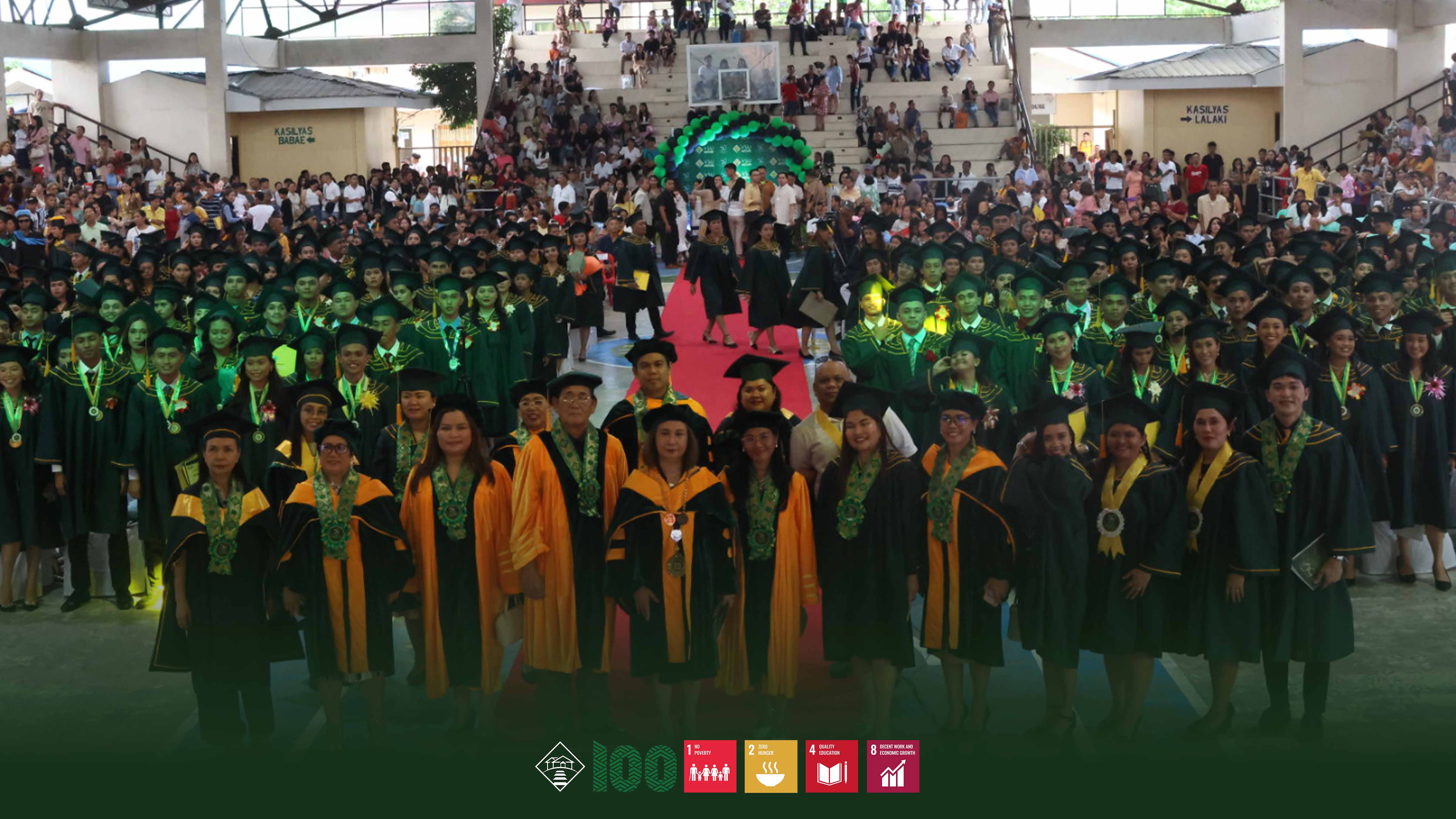
Strive to improve the world in ways that align with your vision and conscience, and in the words of Mahatma Gandhi: “Be the change that you wish to see in the world.”
Congratulations on this extraordinary achievement, may God bless you, expand your territory, and protect you from all evil.
[This article aligns with Sustainable Development Goals: 1 (No Poverty), 2 (Zero Hunger), 4 (Quality Education), and 8 (Decent Work and Economic Growth).]

